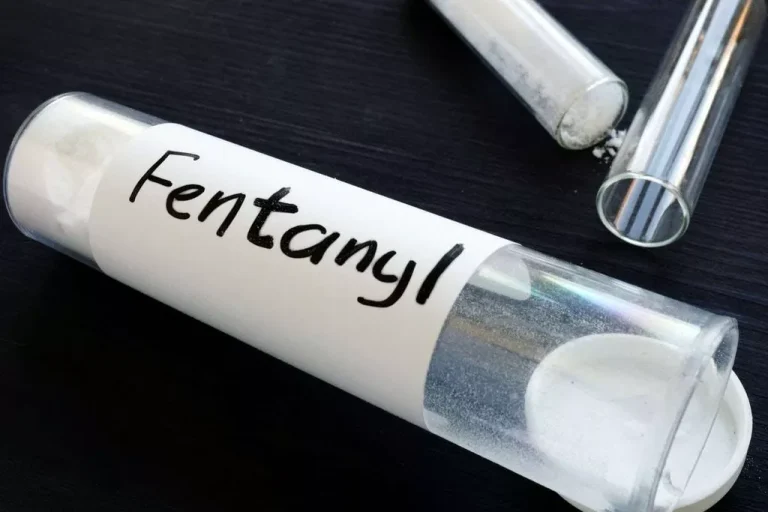
Addiction indicates the need for formal substance abuse treatment to achieve a full recovery. Fortunately, there are many steps you can take to prevent addiction from taking hold. Learn more about alcohol tolerance and how to avoid chemical dependence and substance use disorders. Addiction Resource is an educational platform for sharing and disseminating information about addiction and substance abuse recovery centers. Addiction Resource is not a healthcare provider, nor does it claim to offer sound medical advice to anyone.
Tolerance and the Predisposition to Alcoholism
Regularly drinking alcohol in the same place may cause you to develop tolerance. When you have environment-dependent tolerance, you can better handle alcohol if you drink in the same environment or somewhere similar. Learned tolerance, also called behaviorally augmented tolerance, is a classic sign of functional alcoholism. However, not all people with a learned tolerance are high-functioning alcoholics. Over time, a person’s tolerance may also change due to changes in metabolism, body mass, and bodily functions as they age. Alcohol intolerances are usually genetic but may also occur without a known cause.

Find Substance Use Disorder Treatment Services Near You
- This marks a six-percentage-point increase since last year and a 17-point increase since the prior reading in 2018.
- An intraperitoneal injection of alcohol induced hypothermia in male mice.
- Addiction indicates the need for formal substance abuse treatment to achieve a full recovery.
According to the Journal of the American Medical Association, 37% of alcohol abusers have at least one serious mental illness. Among people dying by suicide, AUD is the second-most-common mental disorder, involved in 1 in 4 suicide deaths. Rather than wait for people to “bottom out,” we need to intervene much sooner with regular alcohol screening and identification of pre-addiction. AUD treatment failures are more likely when we do not treat comorbidities. Further research on neuromodulation (TMS), ketamine, psychedelics, and GLP-1 receptor agonists may increase patient and physician interest in AUD treatment. For people who drink several times a week and do not have alcohol dependency, even slightly reducing intake can have significant health benefits, Keyes added.
Tolerance to Alcohol: A Critical Yet Understudied Factor in Alcohol Addiction
- Male rats that were treated with soluble guanylate cyclase inhibitors did not develop rapid tolerance in the tilt-plane test (Wazlawik and Morato, 2003).
- “We regularly hear from our senior leadership team, whenever you organise any large social event, make sure it’s not heavy boozing,” a source from the department said.
- Tolerance can develop much more quickly if alcohol is always consumed in the same environment – for example, if you only drank at home during lockdown.
But today’s upward movement in inflation is unlikely to set back hopes for more base rate cuts from the Bank of England, analysts say. For fans of a slicked-back hairstyle, non-food items like hair gel increased by a third, and for any pet owners, the price of a do you build alcohol tolerance small mammal cage nearly hopped up by a fifth. “You can also take an antacid to settle your stomach or eat something bland, like oatmeal or a banana,” says Alan. Taking a walk or doing light exercise may also help reduce the effects of caffeine, she points out.

When nerves are unable to receive signals, the brain cannot share the consequences of intoxication with the body. Research has revealed that some aspects of alcohol tolerance are genetic. Several studies comparing sons of fathers with AUD to sons of fathers who did not have AUD found tolerance differences that could affect drinking behavior. Metabolic tolerance occurs when a specific group of liver enzymes is activated after a period of chronic drinking and results in a more rapid elimination of alcohol from the body.
Multiple neurotransmitter systems have been implicated in acute and chronic tolerance. Many of those systems (mainly within-system) overlap with those of rapid tolerance (described below). However, a description of these systems is beyond the scope of the present mini-review.

This may result in higher concentrations of alcohol in the blood and more significant effects from drinking. While an occasional drink is fine, consuming more than what is considered a moderate amount of alcohol has been shown to have a significant effect on hormonal levels, particularly testosterone. Alcohol Misuse and TreatmentIf you are concerned about alcohol tolerance, you may also be wondering about alcohol misuse and the possibility of needing treatment. According to the National Institute on Alcohol Abuse and Alcoholism (NIAAA), more than 17 million people were struggling with an alcohol use disorder in 2014. People who received appropriate treatment, however, can make significant recoveries.

Your addiction does not have to define who you are.

